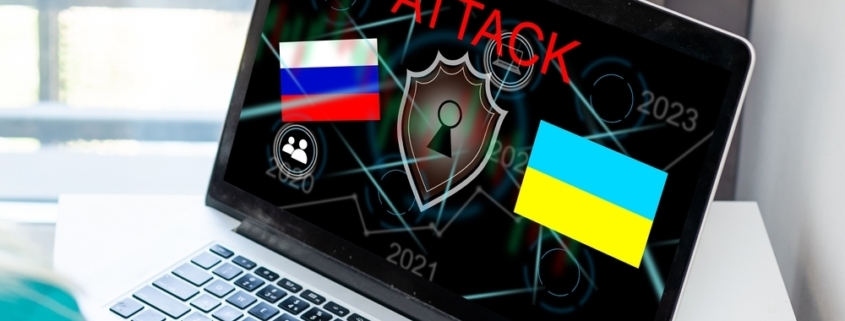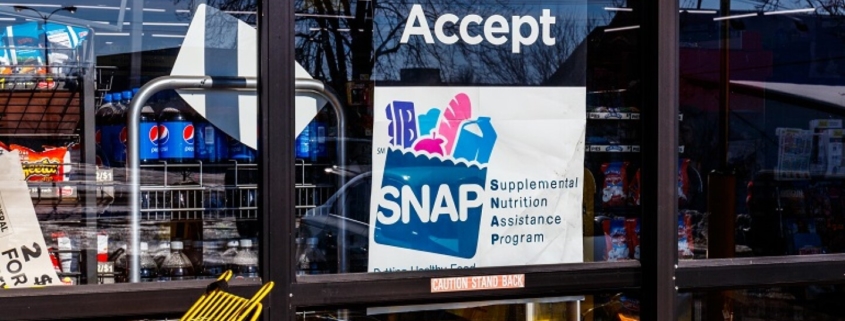Dangerous New ICS Malware Targets Orgs in Russia and Ukraine
Two dangerous malware tools targeted at industrial control systems (ICS) and operating technology (OT) environments in Europe are the latest manifestations of the cyber fallout from the war in Ukraine.
One of the tools, dubbed “Kapeka,” appears linked to Sandworm, a prolific Russian state-backed threat actor that Google’s Mandiant security group this week described as the country’s primary cyberattack unit in Ukraine. Security researchers from Finland-based WithSecure spotted the backdoor featured in 2023 attacks against an Estonian logistics company and other targets in Eastern Europe and perceive it as an active and ongoing threat.
Destructive Malware
The other malware — somewhat colorfully dubbed Fuxnet — is a tool that Ukraine government-backed threat group Blackjack likely used in a recent, destructive attack against Moskollector, a company that maintains a large network of sensors for monitoring Moscow’s sewage system. The attackers used Fuxnet to successfully brick what they claimed was a total of 1,700 sensor-gateways on Moskollector’s network and in the process disabled some 87,000 sensors connected to these gateways.
“The main functionality of the Fuxnet ICS malware was corrupting and blocking access to sensor gateways, and trying to corrupt the physical sensors as well,” says Sharon Brizinov, director of vulnerability research at ICS security firm Claroty, which recently investigated Blackjack’s attack. As a result of the attack, Moskollector will likely have to physically reach each of the thousands of affected devices and replace them individually, Brizinov says. “To restore [Moskollector’s] ability of monitoring and operating the sewage system all around Moscow, they will need to procure and reset the entire system.”
Kapeka and Fuxnet are examples of the broader cyber fallout from the conflict between Russia and Ukraine. Since the war between the two countries started in February 2022 — and even well before that — hacker groups from both sides developed and used a range of malware tools against each other. Many of the tools, including wipers and ransomware, have been destructive or disruptive in nature and mainly targeted critical infrastructure, ICS, and OT…



